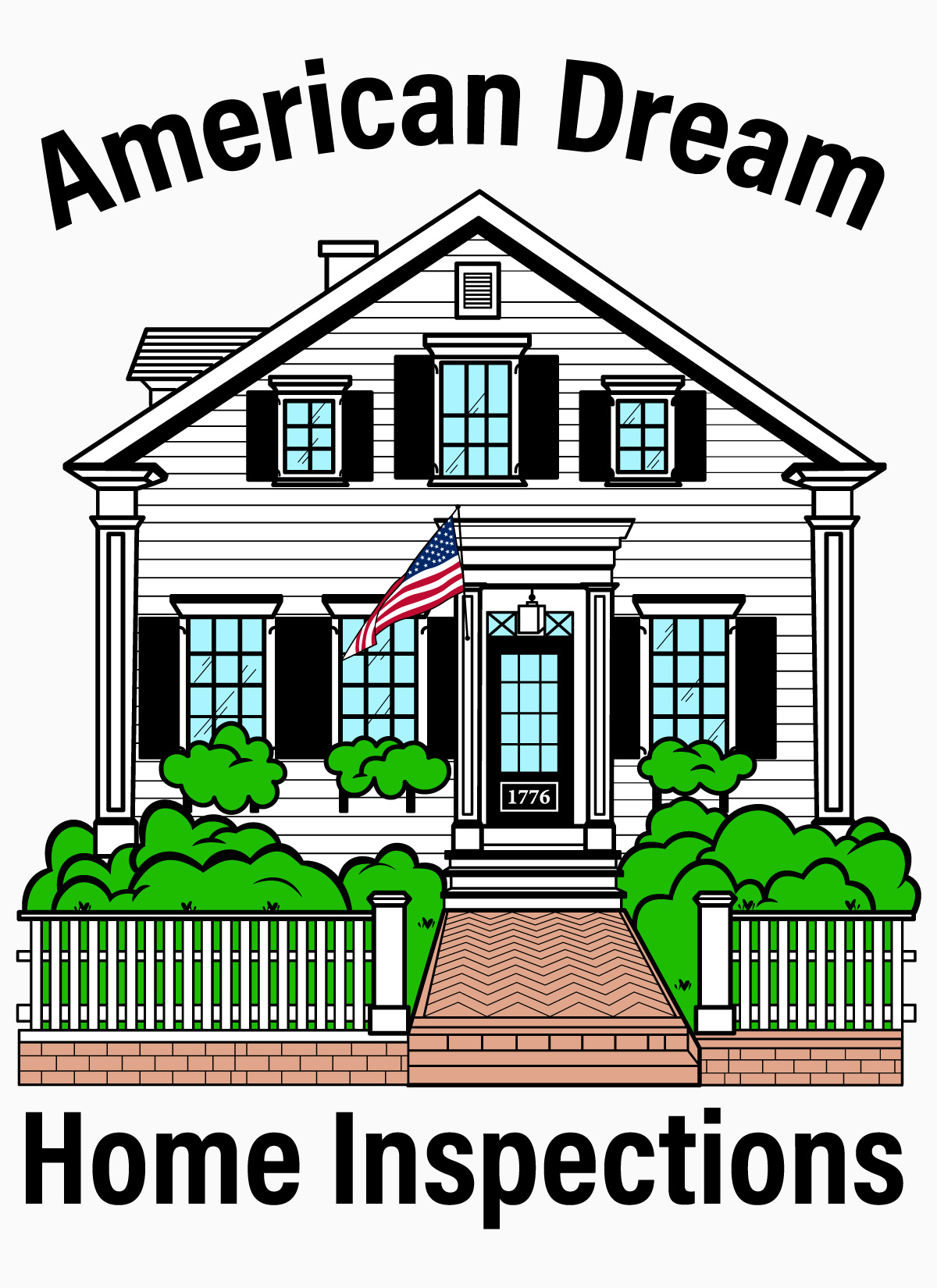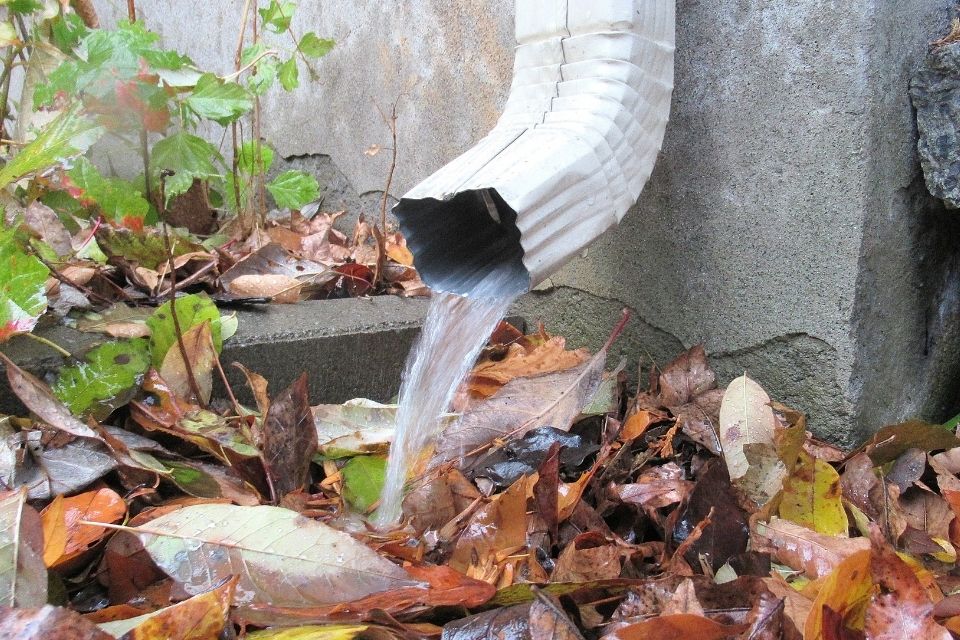Why Yard Drainage Matters
It’s easy to think of puddles as harmless, but standing water is often a red flag. Beyond killing grass and landscaping, poor drainage allows water to seep into basements, creates mosquito breeding grounds, and compromises soil stability around your home. Left unchecked, these issues may lead to mold growth, erosion, or cracks in your foundation. Improve yard drainage to preserve your investment and maintain a safe, dry home environment.
Identifying Drainage Problems in Your Yard
Before you attempt to improve yard drainage issues, it’s essential to figure out what’s causing them. Sometimes, it’s as simple as a downspout that dumps water too close to the foundation. Other times, the issue is more complex, such as clay-heavy soil that doesn’t absorb water well or a yard that slopes toward the house instead of away from it. Take note of where water collects, how long it lingers after a storm, and whether it flows in a particular direction. These clues will guide you toward the best solutions.
Simple Fixes Homeowners Can Try
Some drainage problems are solved with straightforward DIY efforts. Extending downspouts further from the foundation, regrading soil so that it slopes away from your house, or creating shallow swales (gentle channels) to redirect water goes a long way. Adding organic material to clay soil may improve its ability to absorb water, while sandy soil may need compost to help retain moisture without causing runoff.
If water pools in specific areas, creating a rain garden may be an attractive and functional solution. Rain gardens are shallow, planted depressions designed to temporarily capture runoff, allowing water to soak slowly into the ground. They improve yard drainage and add beauty and biodiversity to your yard.
Professional Solutions To Improve Yard Drainage
Not all drainage problems are solved with quick fixes. If you’re dealing with consistent standing water, water intrusion in your basement, or erosion that threatens your landscaping, it’s time to call in a professional. A drainage contractor designs and installs systems like French drains, catch basins, or dry wells to handle larger volumes of water and move it safely away from your home.
French drains, for example, use a perforated pipe wrapped in gravel and fabric to collect and redirect water underground. Dry wells provide a temporary place for water to collect and slowly filter back into the soil. These solutions require careful design to ensure they work correctly and comply with local regulations, which is why expert input makes all the difference.
Maintaining a Drainage System
Even the best drainage solutions need maintenance to stay effective. Gutters and downspouts should be cleaned regularly to prevent clogs that cause overflow near your foundation. French drains and catch basins may require occasional flushing to keep them free of debris. Keeping an eye on soil grading, particularly after large landscaping projects or construction, will help maintain the proper slope for water runoff.
Routine inspections catch small issues before they escalate. For instance, if you notice water beginning to pool in a spot that used to drain well, it could be a sign of shifting soil or clogged drainage. Addressing these changes promptly will help protect your home long term.
Creating a Healthy Yard Through Proper Drainage
Improving yard drainage isn’t just about eliminating puddles. It’s about creating a property that functions well in all seasons, stays healthy, and enhances your outdoor living space. Proper drainage helps you enjoy your yard without worrying about muddy shoes, water damage, or the constant battle against damp conditions. With the right combination of practical fixes and professional solutions, you will have peace of mind knowing your property is well-protected.
Frequently Asked Questions
How do I know if my yard has a serious drainage problem?
If water lingers for more than 48 hours after rain, if your basement shows signs of dampness, or if you notice erosion around your home, it’s a good indication that your yard drainage needs attention.
Are French drains always the best solution for yard drainage?
Not necessarily. While French drains are effective, they’re just one option. The right solution depends on your soil type, yard slope, and the severity of your drainage issue. Sometimes, simple grading or downspout extensions are enough.
Can I fix yard drainage problems on my own?
Many homeowners handle more minor fixes like regrading soil, adding extensions to downspouts, or planting rain gardens. However, persistent or widespread water problems usually require a professional evaluation and drainage system installation.
Will improving yard drainage increase my property value?
Proper drainage protects your home from damage and boosts curb appeal and marketability. Buyers are far more confident in a home with a dry basement and a well-draining yard.
When should I call a professional for yard drainage issues?
Suppose you’ve tried simple fixes and still see water pooling. In that case, if water is entering your basement, or if erosion is threatening your foundation or landscaping, it’s time to bring in a drainage expert for a customized solution.
American Dream Home Inspections offers home inspections in Rhode Island and South and Central Massachusetts. Contact us to schedule an appointment today.

